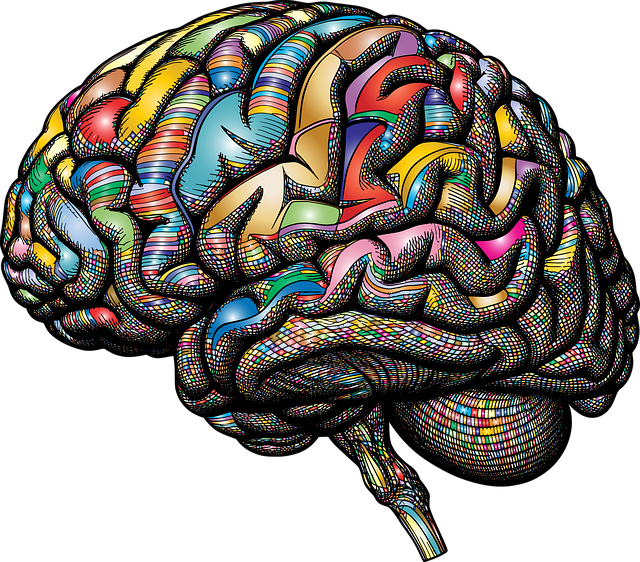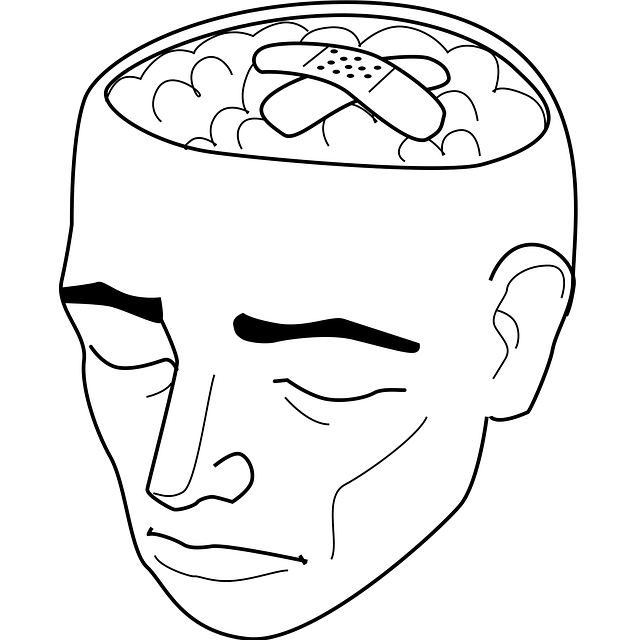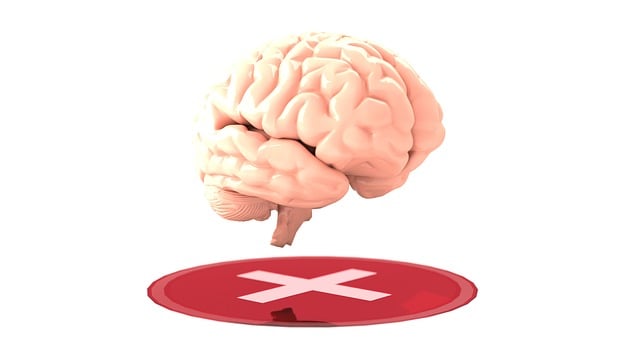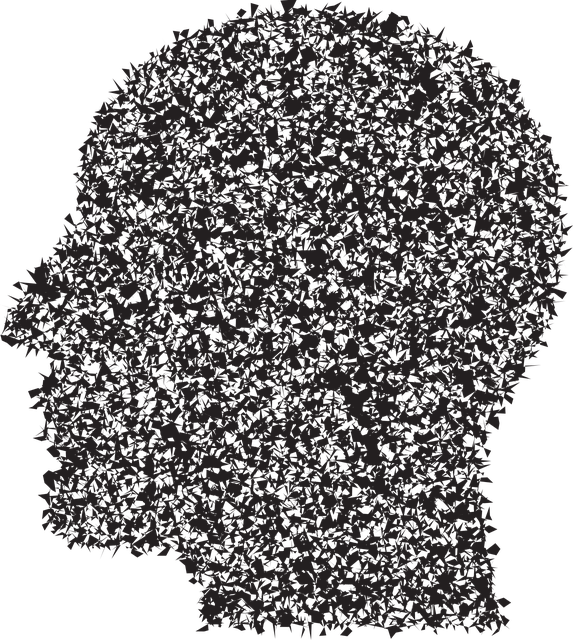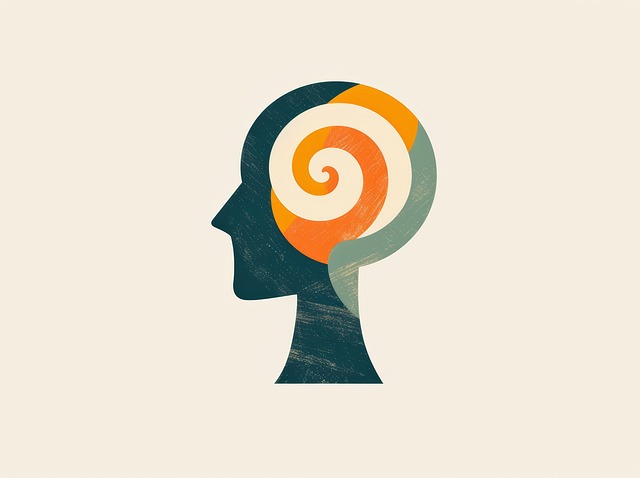Centennial Cognitive Processing Therapy (CCPT) is an innovative social skills training program that combines cognitive restructuring, emotional regulation, and mindfulness meditation to improve mental health, especially for individuals with anxiety or depression. This therapy equips clients with practical communication skills, enhances emotional resilience, and promotes positive relationships through role-playing, group discussions, and structured activities. Integrating CCPT into daily routines fosters stress management, meaningful connections, and a sense of belonging, ultimately improving quality of life and mental health outcomes.
Social skills training is a powerful tool in supporting individuals with mental health conditions. This article explores the intricate link between social interactions and mental wellness, offering insights into how therapeutic interventions can foster better connections. We delve into the innovative approach of Centennial Cognitive Processing Therapy, a unique method for enhancing social skills. Additionally, we provide practical strategies for healthcare professionals to implement during therapy sessions and offer guidance on integrating these skills into daily life for long-term mental health benefits.
- Understanding the Link Between Social Skills and Mental Health
- Centennial Cognitive Processing Therapy: A Unique Approach to Training
- Strategies for Effective Social Skills Development in Clinical Settings
- Integrating Social Skills Training into Daily Life for Long-Term Wellbeing
Understanding the Link Between Social Skills and Mental Health

Social skills are integral to our overall well-being and mental health. In many cases, individuals struggling with mental health conditions, such as anxiety or depression, may find themselves isolated due to difficulties interacting socially. This disconnection can exacerbate their symptoms and hinder their ability to access support networks and engage in meaningful activities. Understanding this link is crucial when considering effective treatments.
Centennial Cognitive Processing Therapy (CCPT) recognizes the interplay between cognitive processes and social interactions. By focusing on improving social skills, CCPT empowers individuals to navigate relationships more effectively. This approach often includes training in emotional healing processes and cultural competency for healthcare providers, ensuring that support services are accessible and trauma-informed. Such comprehensive care addresses not only the symptoms of mental health conditions but also fosters better social connections, contributing to improved overall well-being.
Centennial Cognitive Processing Therapy: A Unique Approach to Training

Centennial Cognitive Processing Therapy (CCPT) offers a unique approach to social skills training by focusing on cognitive restructuring and emotional regulation. This therapy helps individuals with mental health conditions identify and challenge negative thought patterns, replacing them with more positive and realistic perspectives. By improving emotional regulation, CCPT enables clients to better manage their responses in social situations, fostering more effective communication and interaction.
Incorporating mindfulness meditation as a key component, CCPT encourages individuals to be present and aware of their thoughts and feelings without judgment. This practice promotes positive thinking and enhances overall well-being, allowing individuals to navigate social challenges with greater confidence and resilience. Through targeted exercises and strategies, CCPT empowers individuals to develop robust social skills, leading to improved relationships and a higher quality of life.
Strategies for Effective Social Skills Development in Clinical Settings

In clinical settings, Social Skills Training (SST) is a powerful tool for individuals managing mental health conditions. One evidence-based approach, such as Centennial Cognitive Processing Therapy (CCPT), focuses on modifying negative thought patterns and improving social interactions. By integrating Mind Over Matter principles, CCPT empowers clients to challenge distorted cognitions and develop healthier coping skills, fostering better connections with others. This therapy encourages active participation through role-playing scenarios, providing a safe space to practice and receive immediate feedback.
The process involves teaching practical strategies for initiating and maintaining conversations, recognizing social cues, and adapting communication styles accordingly. Through structured activities and group discussions, clients enhance their Mental Health Awareness, learn to manage emotional responses during social exchanges, and build resilience in navigating challenging situations. This comprehensive approach ensures individuals gain the confidence to engage in meaningful social interactions, improving overall quality of life and promoting positive mental health outcomes.
Integrating Social Skills Training into Daily Life for Long-Term Wellbeing

Integrating Social Skills Training into daily routines is a powerful approach to fostering long-term mental wellbeing, especially for individuals managing conditions like anxiety or depression often targeted by Centennial Cognitive Processing Therapy (CCPT). This holistic method goes beyond temporary fixes; it empowers people to navigate social interactions with confidence and ease. By learning and practicing empathy building strategies within the context of Stress Management Workshops Organization sessions, participants develop a deeper understanding of their own emotions and those of others, breaking down barriers that may have once isolated them.
This continuous practice extends beyond the workshop setting. As individuals incorporate these skills into their everyday lives, they become more adept at managing stress, building meaningful connections, and cultivating a sense of belonging. The impact resonates not only in personal relationships but also in professional settings, enhancing overall life satisfaction.
Social skills training, as demonstrated by innovative approaches like Centennial Cognitive Processing Therapy, plays a pivotal role in enhancing mental health. By integrating these strategies into clinical settings and daily life, individuals with various conditions can improve their social interactions, leading to long-term wellbeing. This holistic approach ensures that folks not only manage their symptoms but also thrive in their personal and professional lives, fostering a more inclusive society.


